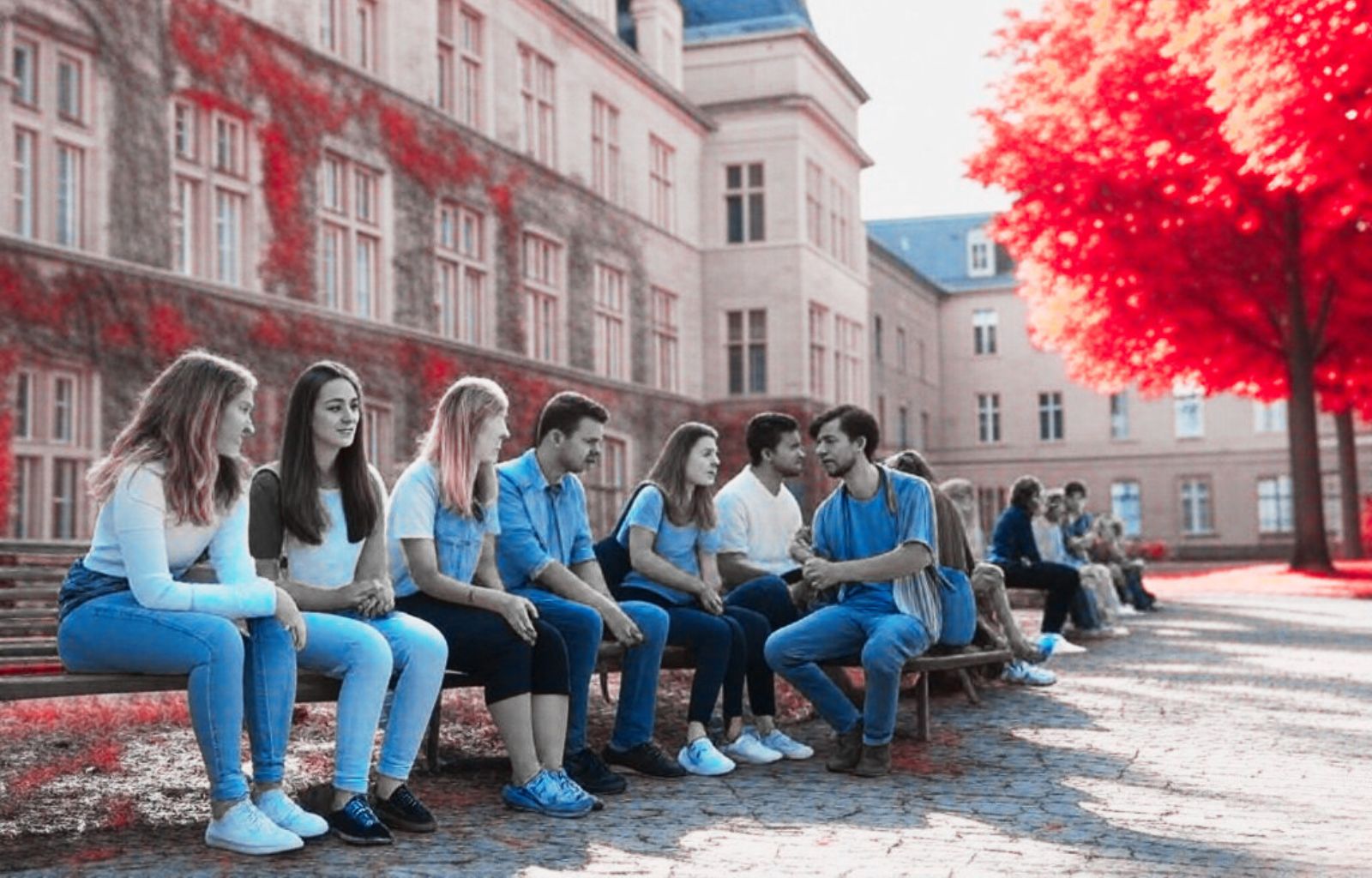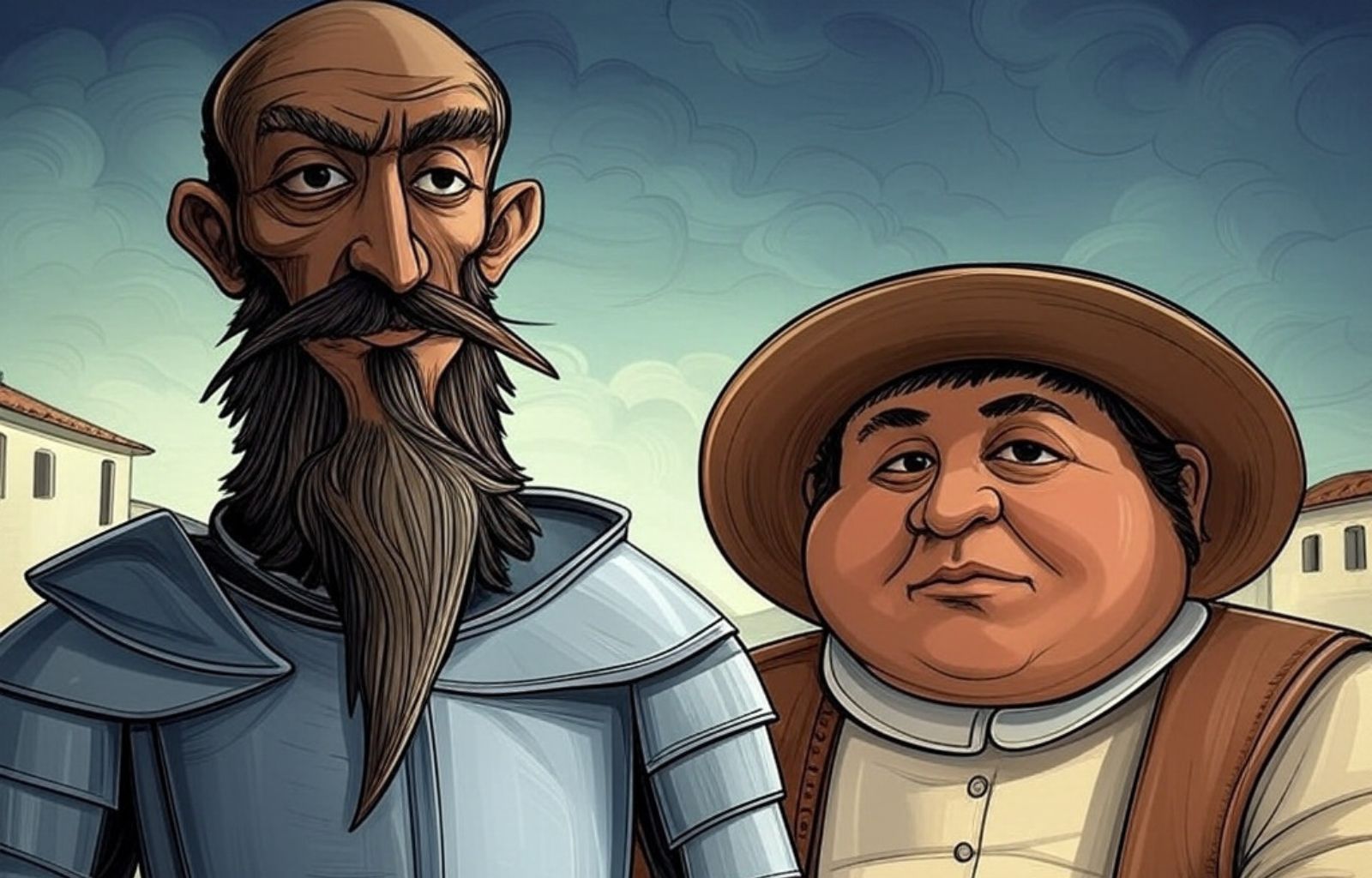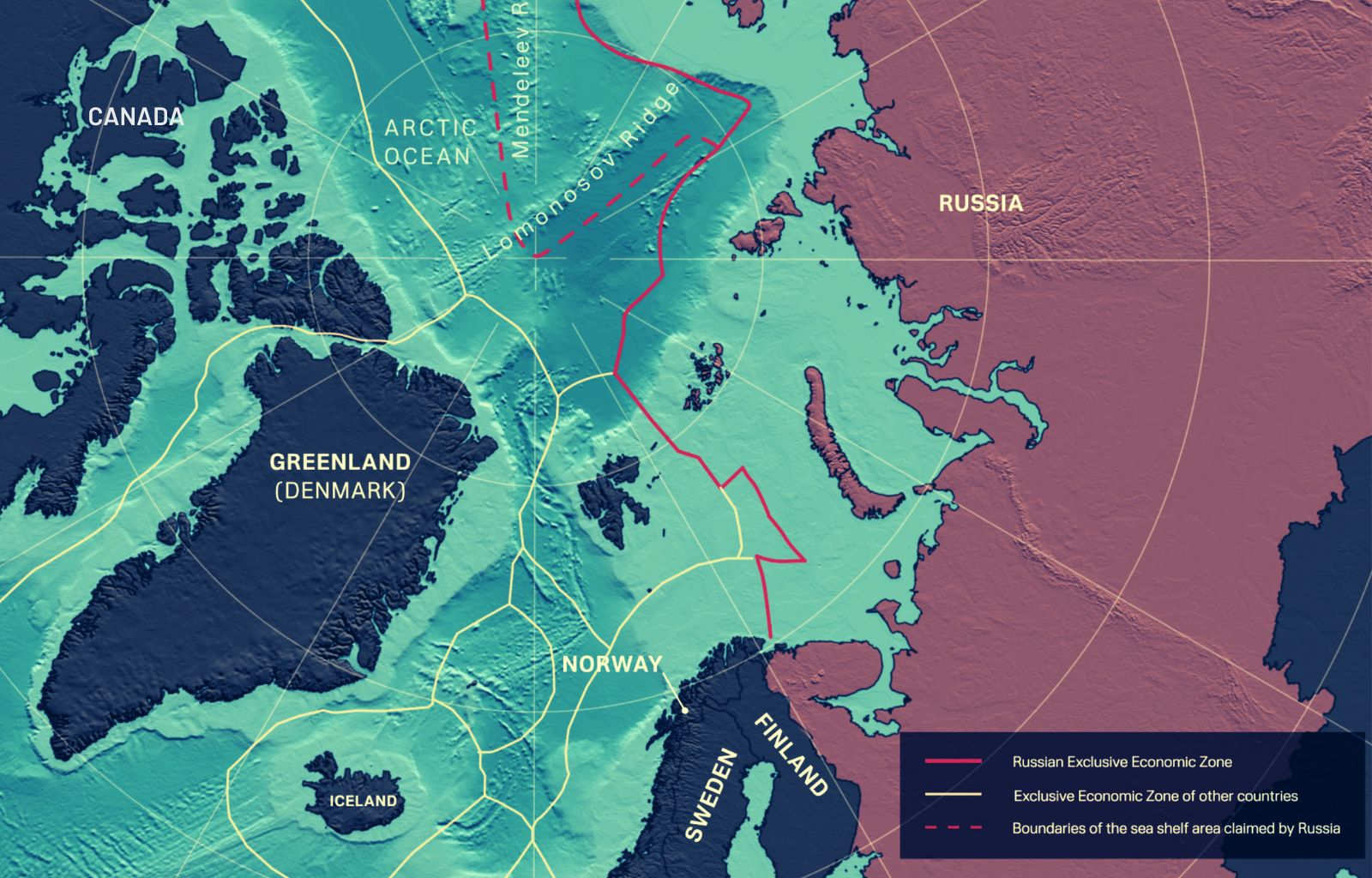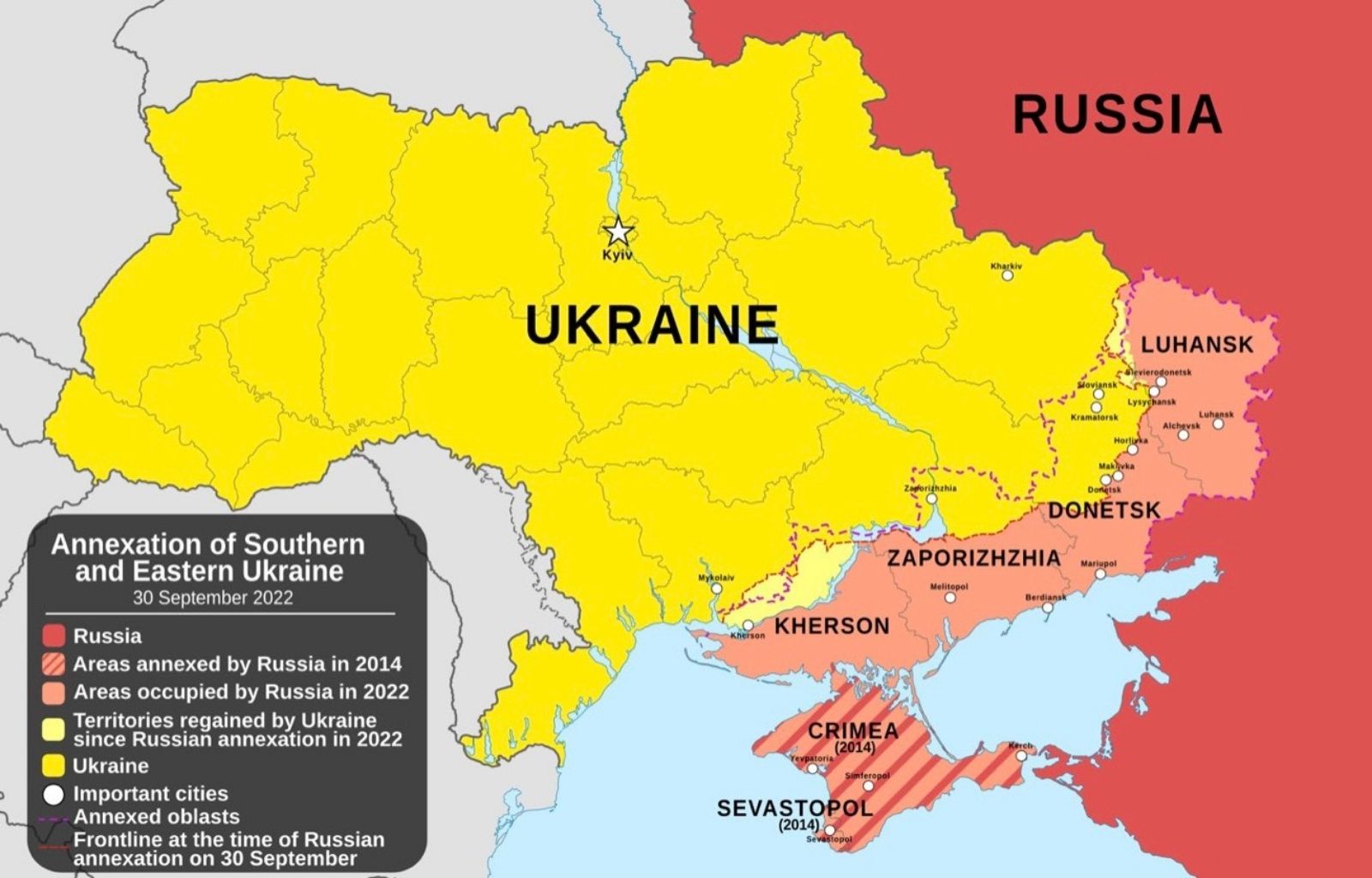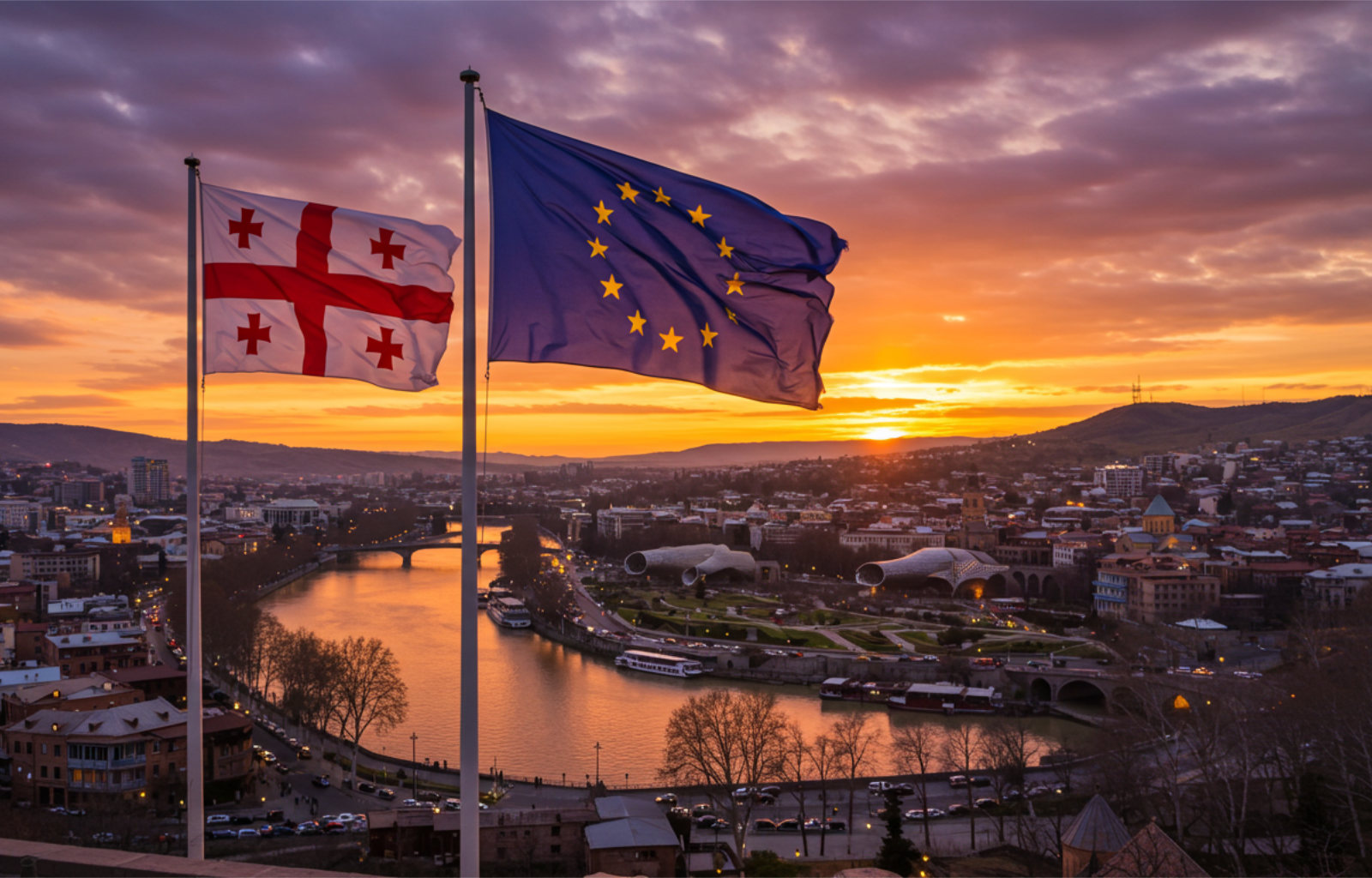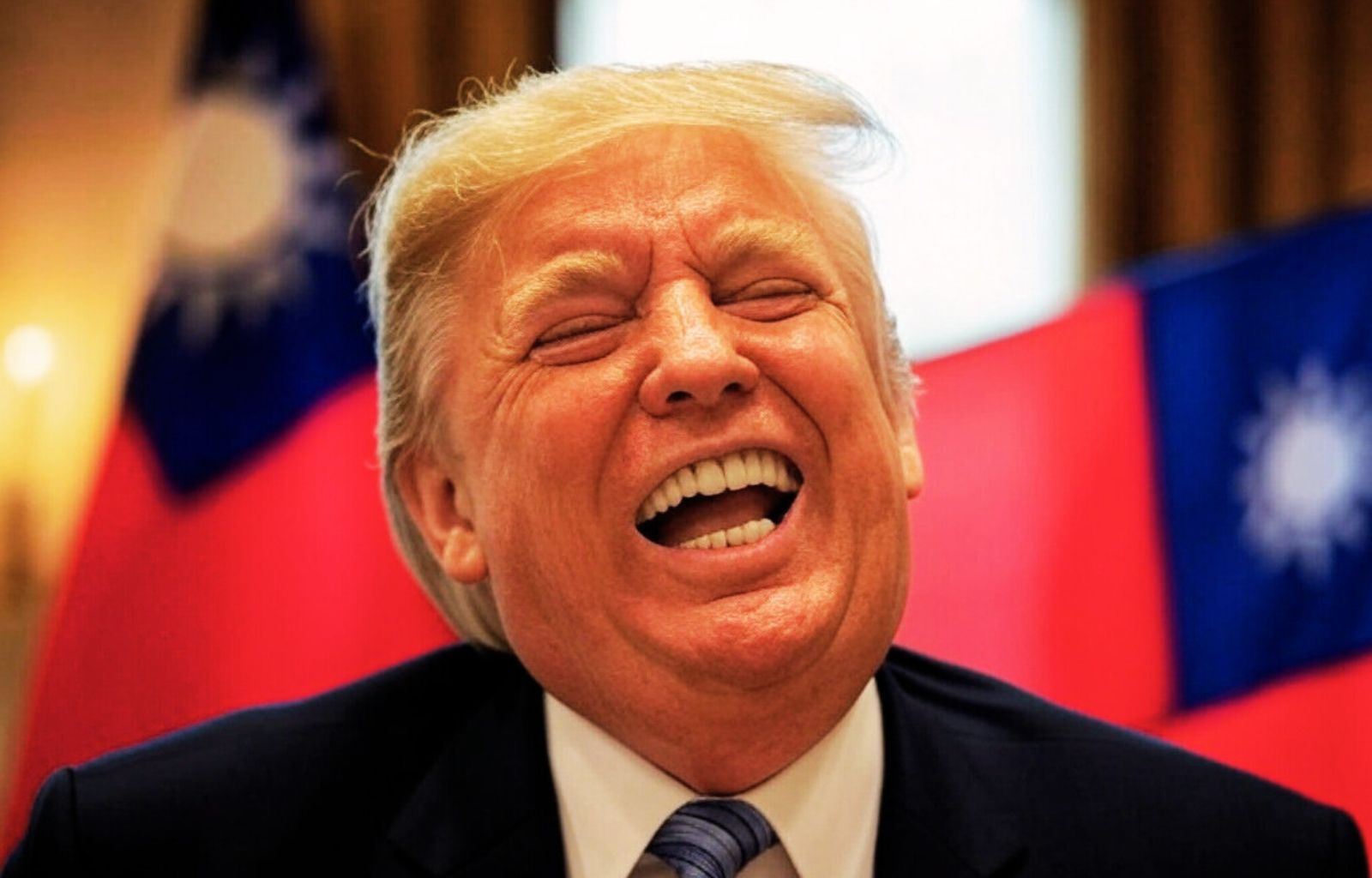Turkey’s No to EU membership in Sarkozy’s vision
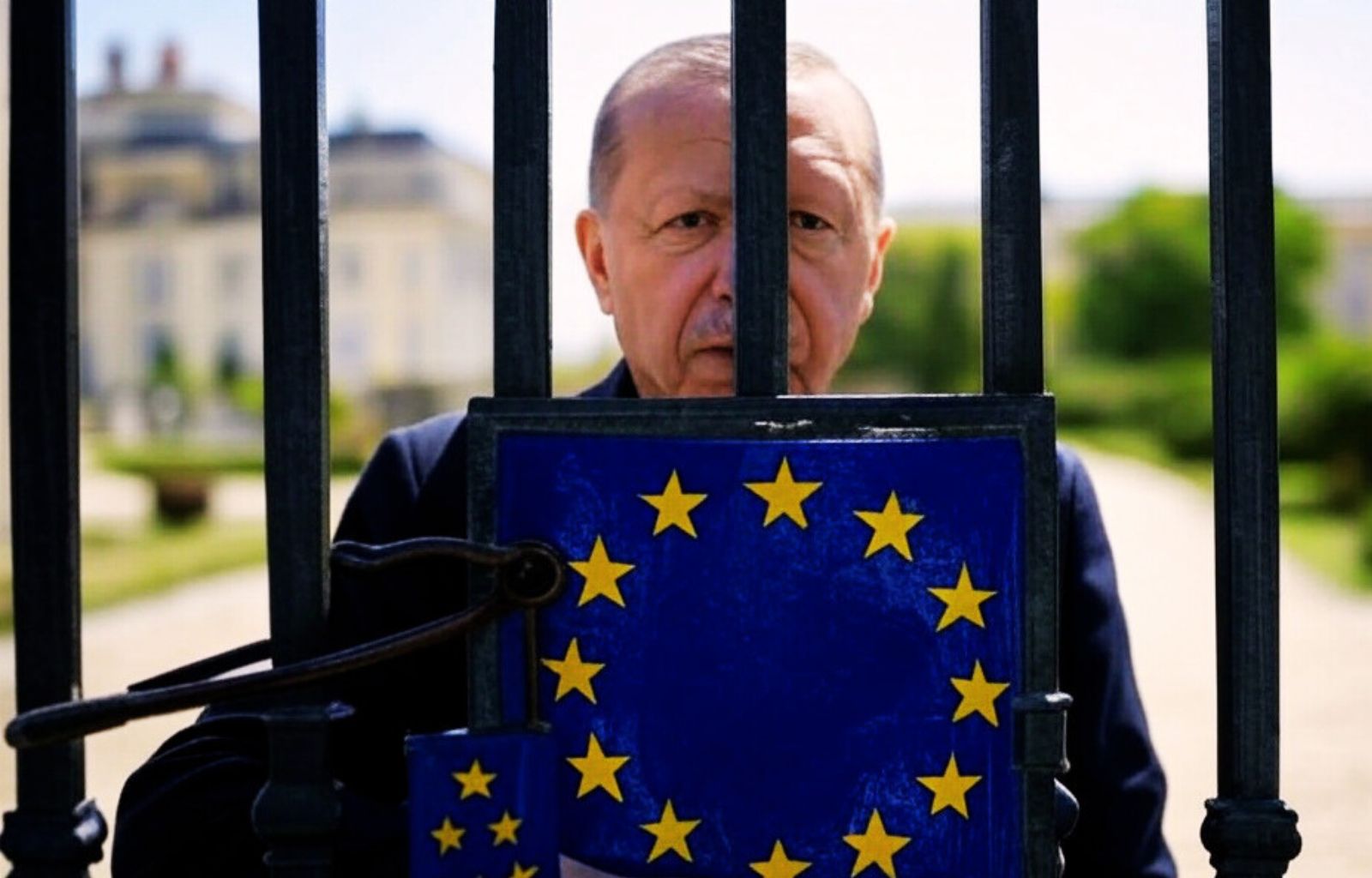
The arrest of Istanbul mayor Ekrem Imamoglu, Erdogan’s main opponent, raises the age-old question of Turkey in Europe and the funding it receives.
In his autobiographical book ‘Le temps des combats‘, the former President of the French Republic Nicolas Sarkozy recounts that he expressed his opposition directly to Turkish President Reep Tayyip Erdogan during the latter’s visit to the Elysée Palace in 2010: they disagreed on everything. Sarkozy was impressed by Erdogan’s brutality and threatening manner. The then tenant of the Elysée Palace feared the Muslim proselytism that Turkey’s entry into Europe would entail.
Another point of disagreement concerned the recognition of the Armenian genocide in the early 20th century. An obvious historical issue that Erdogan, however, did not want to talk about at all. But the surprises did not end there. There was a third point of total disagreement concerning Israel.
Erdogan’s attacks on Israel were so violent that he went so far as to call the Jewish state‘a threat to world peace‘. Sarkozy was scandalised by these remarks. He imagined, like a nightmare, Erdogan, who would represent the most populous country in Europe, sitting at the EU table. He thought of the misunderstandings, the cultural and political differences this would represent.
How could one seriously think of Turkey sitting at the EU table? But the worst came when Erdogan criticised Sarkozy for the law against the burqa. Erdogan set himself up as a defender of secularism, claiming that in a secular country ‘everyone should be free to dress as they like‘.
Sarkozy replied that locking a woman in a fabric prison was nothing secular and not in keeping with the idea that we have freedom in Europe. Not to mention that many poor women would be forced to wear the burqa due to pressure from their husband, family or neighbourhood. Sarkozy claimed France’s principles and non-negotiable values. The incomprehension was total.
Contrary to Sarkozy, Berlusconi was instead in favour of Turkey’s entry into Europe, while Gianfranco Fini, as Vice-President of the Council in 2005, was not hostile to starting negotiations with Ankara by making the recognition of Cyprus a condition, even though he would later turn out to be Sarkozy’s main Italian ally and would not fail to express his perplexity about Turkey’s compatibility with Europe’s democratic values.
Sarkozy was so hostile to Turkey’s entry into Europe that he did not hesitate to engage in a tug-of-war with then US President Barack Obama that also caused a cooling of relations between the two. Also in his book, Sarkozy recounts that the first weekend of April 2009 was dedicated to a NATO summit that took place in Strasbourg, Kehl and Baden-Baden under the dual Franco-German presidency. The media were excited by the presence of the American presidential couple: the American president was adored by the French and international press, which showered him with praise.
Sarkozy recounts how Obama’s personality was, however, a far cry from the smiling and particularly well-groomed image he displayed in every public occasion. Obama had a cold, introverted temperament that showed a very modest interest in everything around him but detested anything that could put him in a bad light with single-mindedness and political correctness in the narrow sense. For him, it was first and foremost a matter of avoiding any stance that could tarnish his image. During the summit, two profound disagreements emerged between Sarkozy and Obama that contributed to the degradation of relations between the two. The American president wanted, at all costs, to please the Turkish Prime Minister Erdogan who had expressed his desire to join the European Union, but Sarkozy was adamant in opposing a firm and definitive NO; it was not up to the United States to decide who should be part of the European Union and Obama’s was an interference that Sarkozy did not appreciate at all. The second point of disagreement concerned the appointment of the Dane Anders Fogh Rasmussen as NATO’s new Secretary General. Turkey was opposed and tried to block his appointment. His fault? Being a citizen of a country that had dared to publish cartoons of Mohammed. Barack Obama was ready to give in and even in this case Sarkozy was adamant. The tug-of-war lasted an entire night: Sarkozy had no intention of capitulating before the fatwa diktat and Obama was forced to give in. From that day on, relations between Obama and Sarkozy were never the same again. Two cultures were pitted against each other: the Anglo-American tradition that was willing to tolerate communitarianism and the French tradition that was that of the République and the Enlightenment.
A few days ago, Christophe Gomart, LR MEP and former senior French military officer, interviewed by JDD, echoed Sarkozy’s arguments by declaring that;“Europe must stop funding Turkey.” Every year, all candidate countries for EU membership make the subject of an annual report on their level of maturity to join the Union. In a few weeks, the report on Turkey’s candidature and the reconfirmation or not of financial aid to this country will be voted on. Christophe Gomartproposes the immediate suspension of Ankara’s candidature and the formal and immediate suspension of Turkey’s accession negotiations to the Union. “Turkey,” says Gomart, “is not a European country. Only three per cent of its territory is in Europe and, culturally, it belongs neither to the Greco-Latin nor to the Judaeo-Christian tradition. Moreover, Erdogan multiplies insults and accusations against the EU. In his own country, he represses the freedoms of his political opponents and adopts imperialist behaviour, especially towards the Kurds. He also entertains an ambivalent relationship with Russia. All these elements lead to the conclusion that Ankara cannot be welcome in Europe. Ties must be cut with a partner that does not fulfil its commitments, nor even strives to achieve them, and thus becomes toxic’.
Gomart also points out that the EU counts Cyprus among its members when one third of Cypriot territory is occupied by Turkey. And this does not seem to bother anyone. Finally, there is a clear will to destabilise European countries by instrumentalising Turkish communities in Europe.
In 2016, an agreement was signed between the EU and Turkey to regulate migration flows to Europe in exchange for EUR 9 billion over ten years. This leverage represents an instrument of pressure by the Turkish leader.
In February 2020, Turkey announced that it would no longer prevent refugees from trying to enter Europe if funding was reduced. Erdogan uses migration blackmail; “You pay me and I block immigration. If you give me less, I let the immigrants through.”
At the London summit on 3 March, on security in Kiev, Turkey was present. A NATO member, it is also an economic partner of Russia, with bilateral trade growing steadily since the invasion of Ukraine. Gomart considers this double game by Ankara to be one of the problems. Hence his desire to stop European funding to Turkey. Between the EU and NATO, no information is shared, as the Alliance includes Turkey, the EU and Cyprus. Ankara bought S-400s from Russia in 2017 and also declared that it wants to buy American military aircraft; “There is a permanent double game of Turkey defending its own interests at the expense of Nato. An end must be put to this schizophrenia that leads Erdogan to mock the EU.“
To those who object that in the current geopolitical context it is perhaps the worst time to suspend accession negotiations, Gomart, replies that:“it is not a question of pulling Turkey out of NATO, but simply telling it clearly that it will not join the EU. In any case, Ankara has never joined the sanctions against Russia.“
As head of the French military services and still in charge of special operations, Gomart gives some examples of the Turkish double game:‘French special forces cooperated with the Kurds to fight Isis, while the Turks bombed the Kurds from Syria. I repeat; why persist in wanting to integrate a country that basically does not want it at all?“


